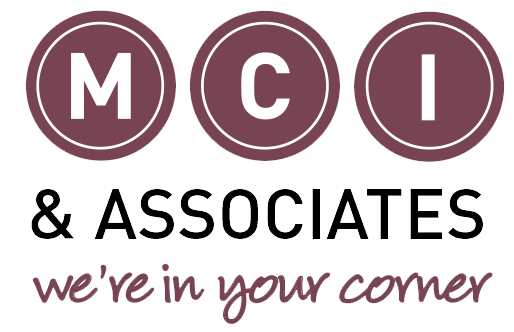Let’s Talk … Survive to 25
The mantra “Survive to 25” has been circulating in business circles for some time now. Essentially implying that this year is going to be tough, however, according to economists, next year will be a lot better. We have a government committed to fiscally responsible spending and a Reserve Bank fighting inflation. The Reserve Bank’s May Monetary Policy Statement was very clear that they have no appetite to ease monetary conditions until their job is done.
The harsh reality, however, is that some businesses will not survive even after significant changes. Decisions around business viability will often cost less, both financially and emotionally, if made sooner rather than later. You can always make money, but you can never regain time.
When we look at a business, we can revert to the very basic concept of: Cash Surplus = Income – Expenses. This tells us that if we want more cash (and cash is King) we need to increase our income or reduce our expenses, preferably both.
Reducing expenses is usually easier than increasing income; a word of caution here is that if you are too aggressive, you can progress to the point of beginning to close your business. We recommend going through your expenses (including drawings) line by line and critically looking at ways to reduce them. Less obvious factors include utilising trade or professional memberships that can lead to some significant discounts from suppliers. One of the really tough calls may be around your wage bill.
Bankers don’t like surprises, so talk with them early and ask them how they can help. Sometimes debt restructuring or reviewing your banking arrangements can lead to significant savings in cash flow.
Increasing your income is often the more challenging of the two, particularly for businesses that are price takers rather than price setters. Increasing your prices is usually a lot easier when the economy is going well. Look at the goods and services you are offering and consider offering new goods and services that may have more appeal to your clients and potentially more profit. Consider removing goods and services that have little appeal or a very low profit margin.
Talk to your accountant. Two things accountants are extremely good at are numbers and tax. Knowing your numbers is the starting point to this exercise and tax is often a significant business expense.
Work smarter, not harder. This includes looking at what your competitors are doing and how they are doing it. Seek external advice from your advisors or seek mentorship from those you respect and trust. And remember the old saying: “If you think good advice is expensive, think how expensive bad advice is.”
It’s not all doom and gloom though. There are potentially a lot of very positive things on the horizon for New Zealand in the not-too-distant future. Time will tell if it is matter of surviving until 2025 to enjoy these, or whether it takes a little longer.




